Employers ditch drug stigma to help workers
Dan O'Connor was working as a utility meter reader in 1986 when he was forced to recognize that addiction was impacting his work.
O'Connor – who today works as a community service representative at AdCare Hospital of Worcester – was in a car accident and faced legal trouble.
O'Connor realized his sick days at work were piling up. He suffered from Monday-and-Friday syndrome, meaning he'd call out of work many Mondays and Fridays after spending weekends drinking and taking drugs.
“I just knew, the gig is up,” O'Connor said.
Because he was part of a union, O'Connor was able to get the help he needed to recover from addiction while keeping his job. Without help from a labor organization, O'Connor and others with the same predicament might easily lose their jobs, compounding their addiction problems.
But today, addiction may be slowly losing its stigma in the workplace, thanks to increased awareness about addiction as an illness and an increased focus on wellness, not to mention important changes in federal laws to give protection to workers dealing with illness and disability.
(Read the related story: Central Mass. addiction treatment providers have a difficult time finding financial solvency when providing services to MassHealth patients.)
Creating an understanding world
Before he started at AdCare, O'Connor led an union employee assistance programs, drawing on his own experience from the mid-1980s. O'Connor, a licensed alcohol drug abuse counselor, said the world today is not as harsh a place as it was for those with substance abuse problems.
“There are more ... people in leadership positions who are open to helping people, rather than the punitive ways of the old days,” O'Connor said.
The majority of large employers in the U.S. – 75 percent of companies with 250-1,000 employees and more than 97 percent of companies with 5,000 or more – offer support to their employees who struggle with addiction through employee assistance programs (EAPs), according to the International Employee Assistance Professionals Association.
Those services, in many cases, are extended to the family members of employees. Employee health and wellness programs often include addiction treatment and recovery support.
Lethal with one dose
The opioid crisis, which has killed thousands in Massachusetts in a few short years, has pummeled the Northeast, starting with former industrial cities struggling to regain footing as manufacturing jobs moves overseas. It became a wider-spread problem, affecting younger people and those from all socioeconomic backgrounds due to the availability of prescription opioids for pain following common procedures, like dental surgery.
The fallout is wide reaching and it follows people to work, said Thomas Hopkins, a licensed independent clinical social worker who heads up the EAP at the University of Massachusetts Medical School in Worcester.
Hopkins has been doing this work since 1991, and he's seen the types of addiction change over the years. Alcohol abuse has always been a mainstay, but street and prescription drug use changes with the time. In the early 1990s, it was more common to see people struggle with cocaine addiction. Prescription amphetamines followed, and eventually, the opioid crisis that persists today hit.
The use of opioids has been particularly troubling and dangerous because people tend to become addicted to the drug much quicker than they do other substances, such as alcohol, Hopkins said. It's powerful enough to be lethal in one dose, especially if a user has quit and then decides to use the drug again, not realizing that the dose he or she was formerly using could be deadly after a period of sobriety.
Often, those seeking addiction help from the UMMS EAP, which can connect employees to detox, rehab and outpatient services, are seeking help for young adult family members, Hopkins said.
Overcoming the stigma that surrounds addiction is often the biggest hurdle, he said.
“There's progress on this, but don't think we're really where we want to be. I still think we struggle to see this as a disease,” Hopkins said.
Destigmatizing
While employers adhere to strict safety protocols when an employee tests positive for drugs that could impact their work, they refer workers to appropriate professional help them get clean and back to work, said Gauri Bhalakia, president of ARCpoint Labs of Southboro-Framingham.
Bhalakia's franchise laboratory has employer-based, drug-testing contracts with highly-regulated employers, such as those with Department of Transportation contracts.
“There's a very strong movement out there to destigmatize substance abuse. It's seen more as a disorder that needs to be handled,” Bhalakia said.
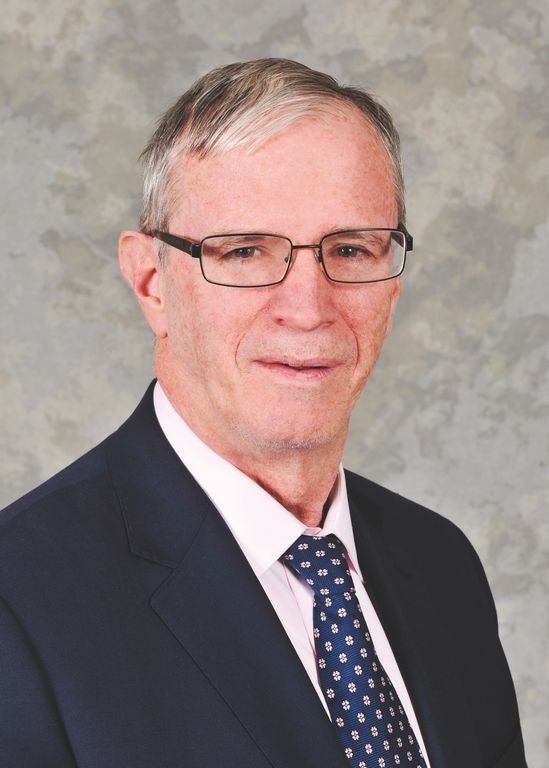
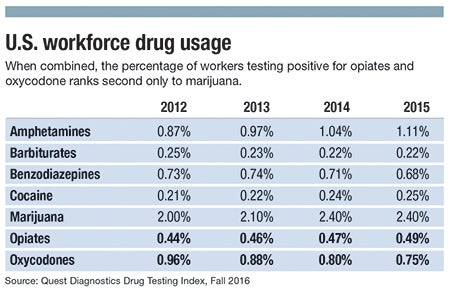
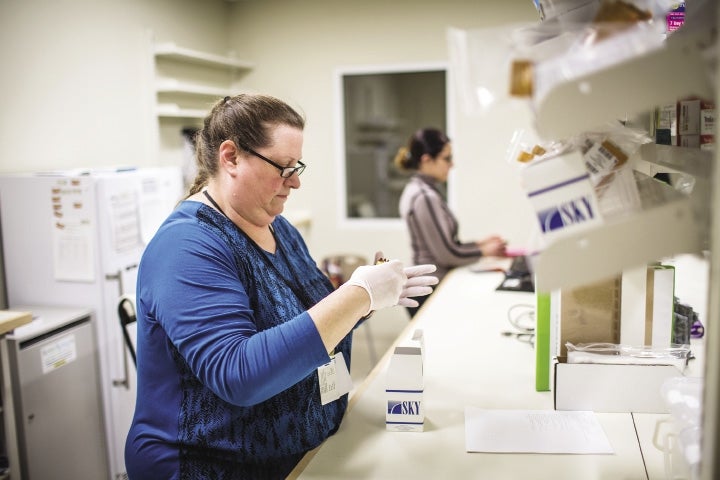







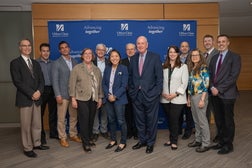
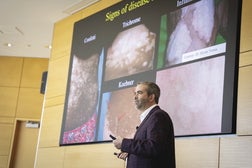





0 Comments